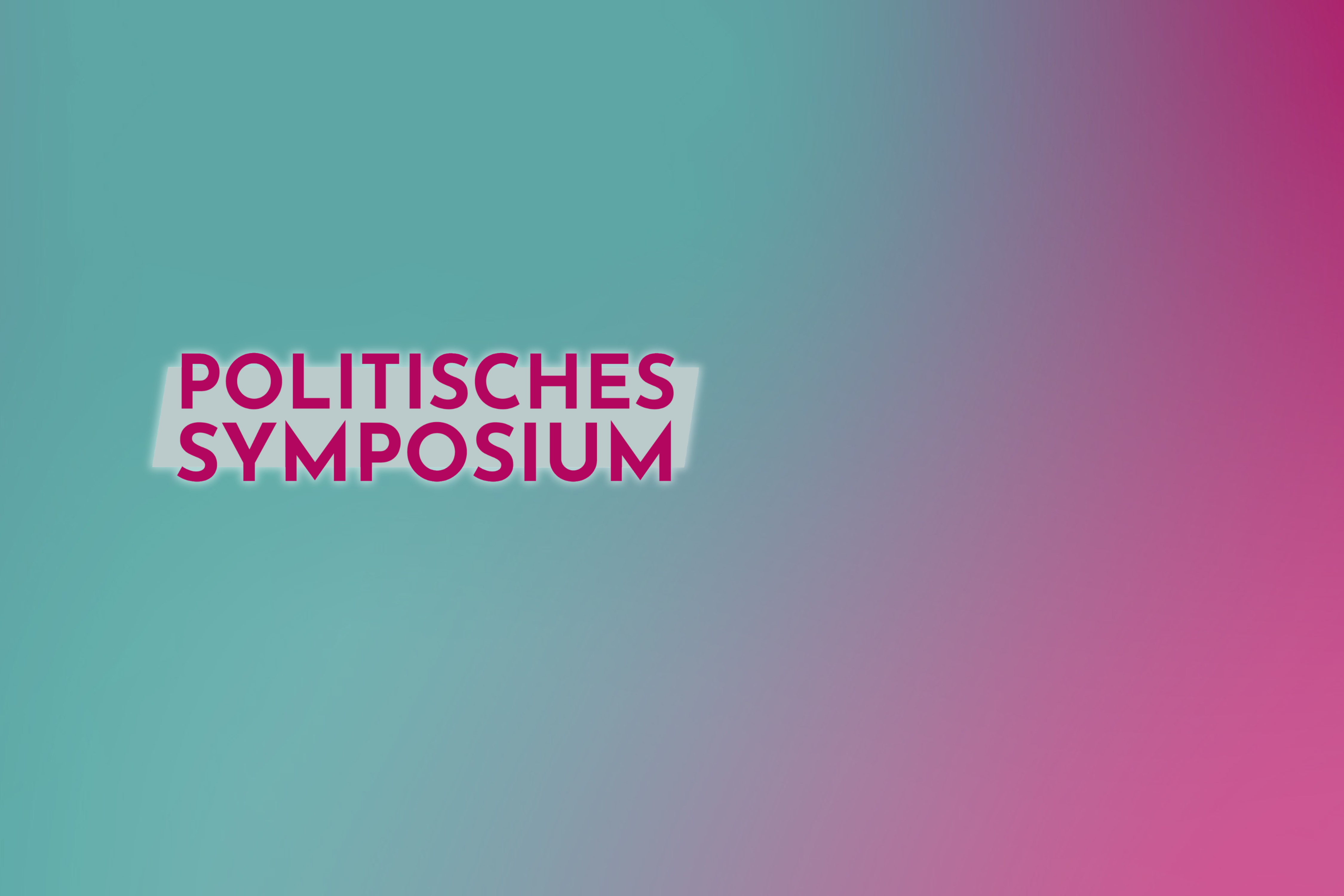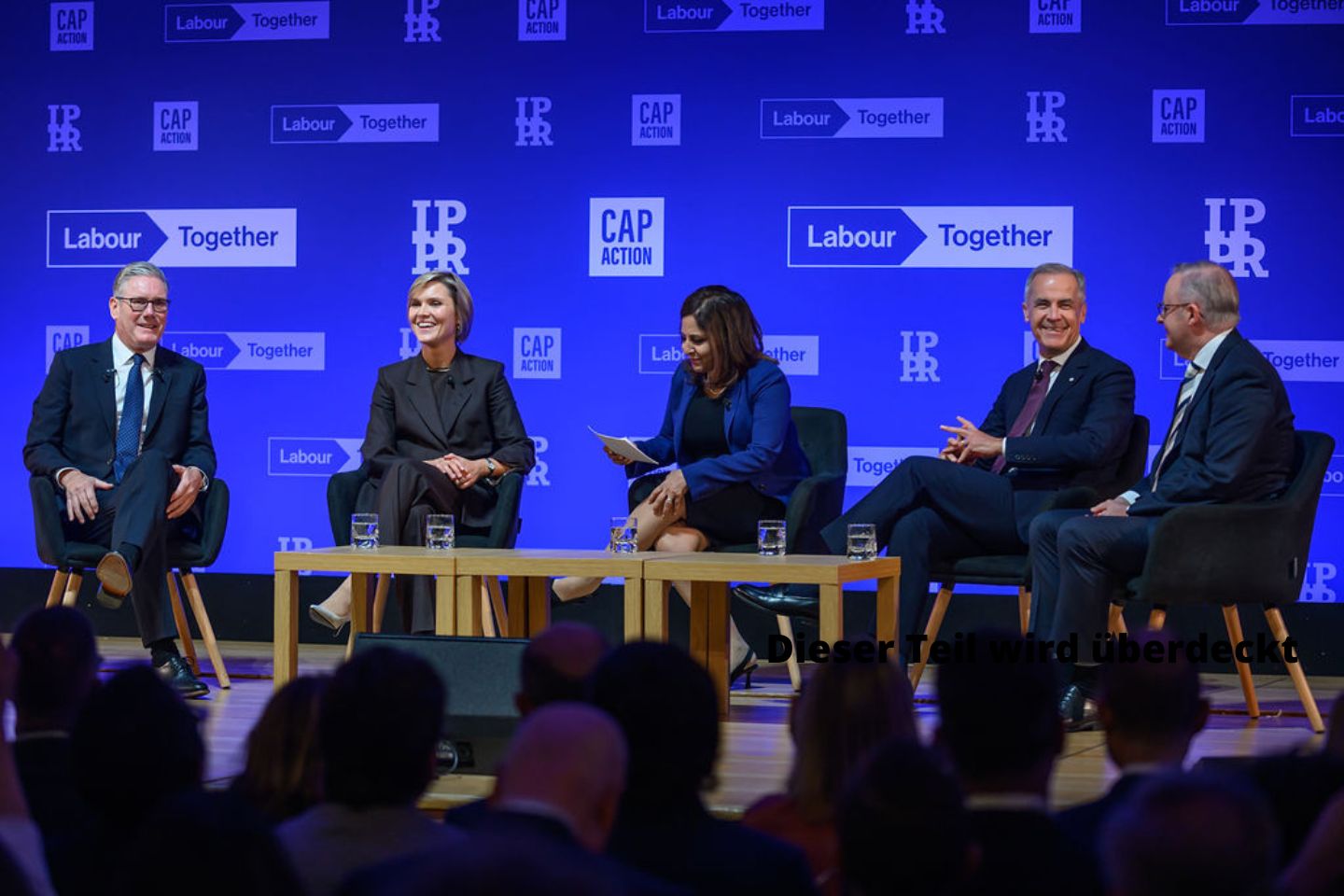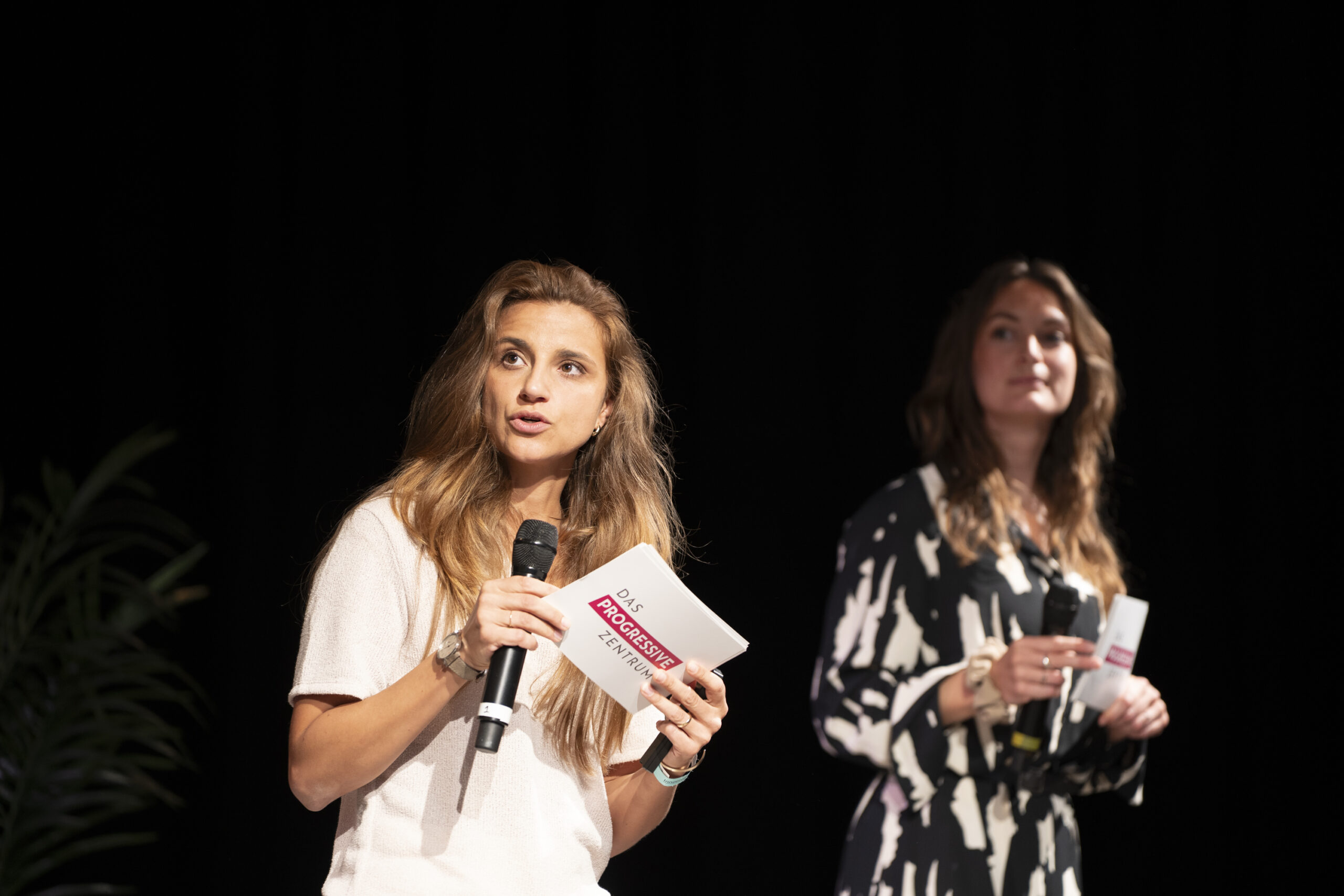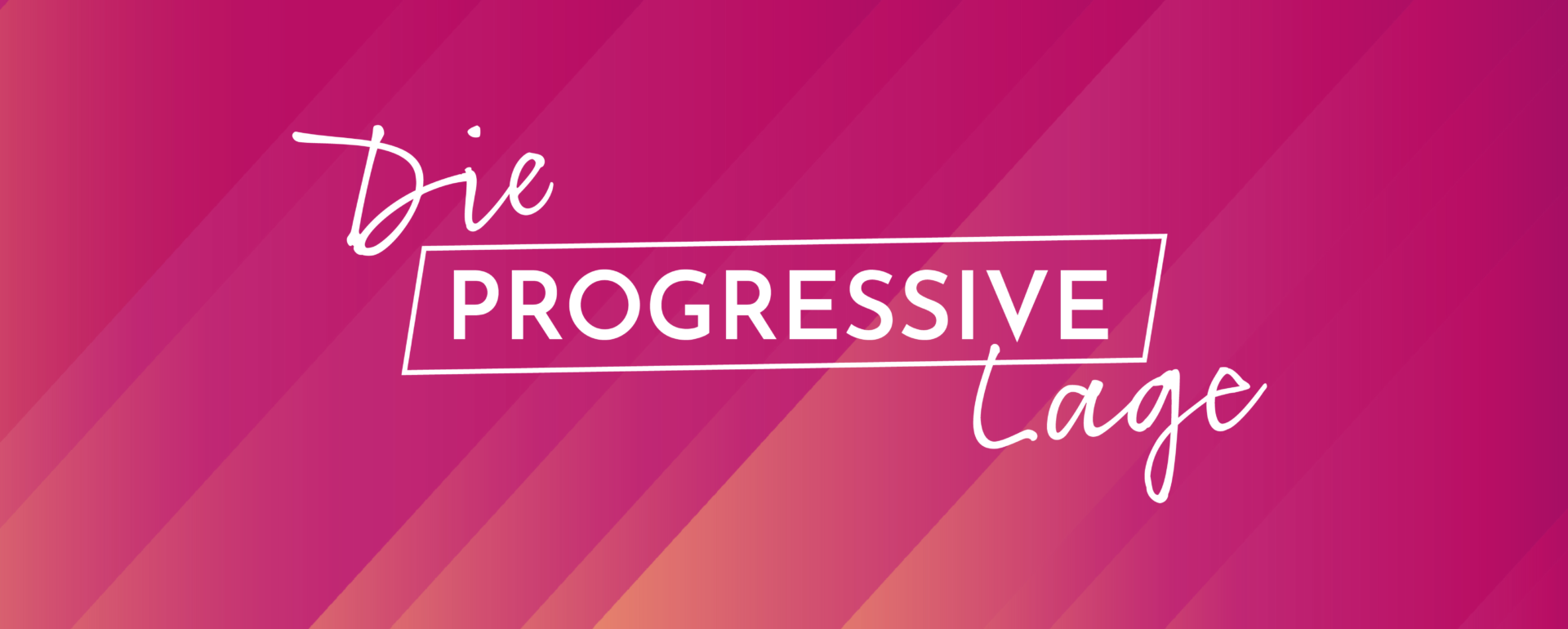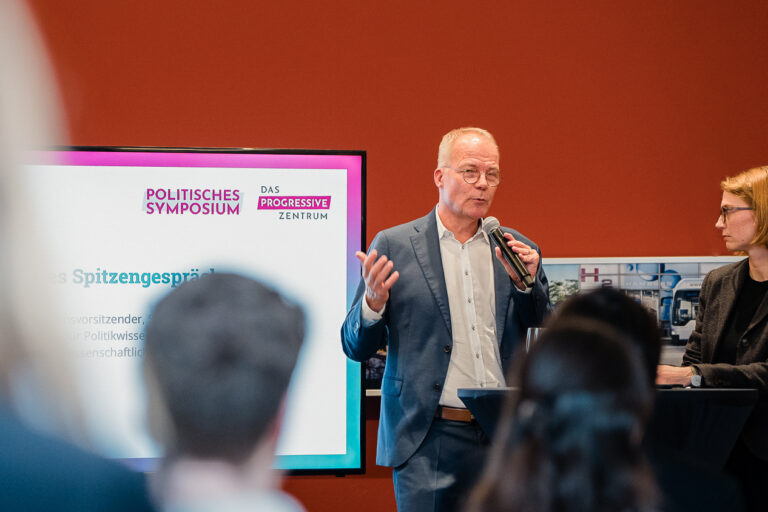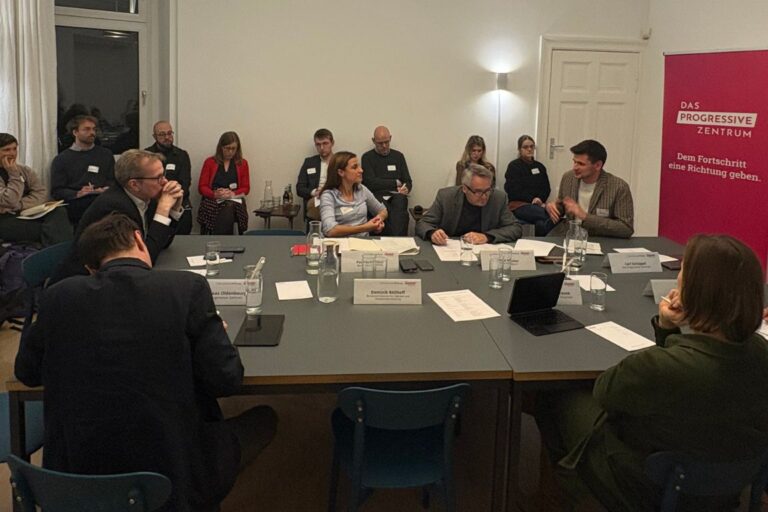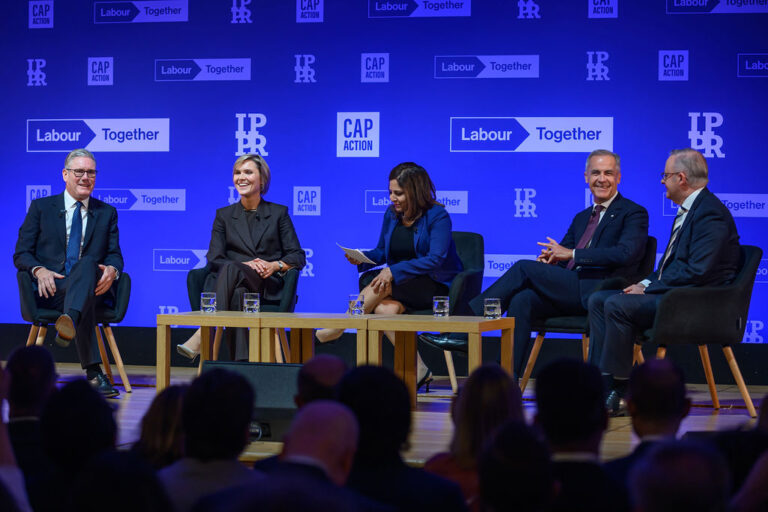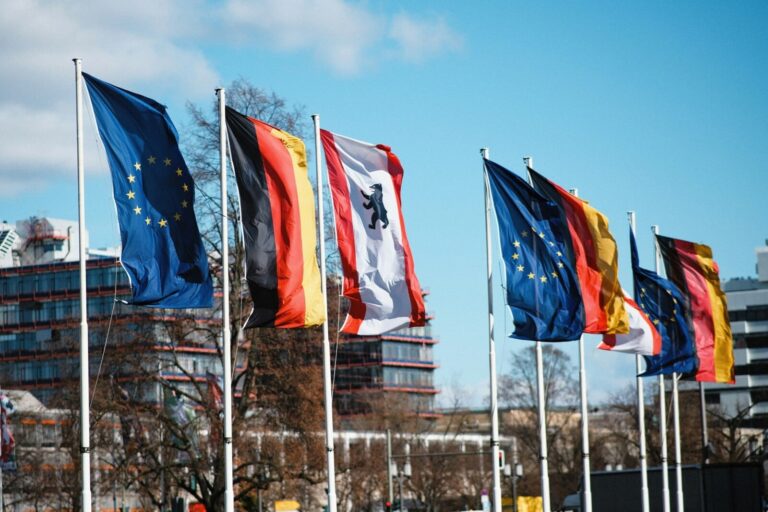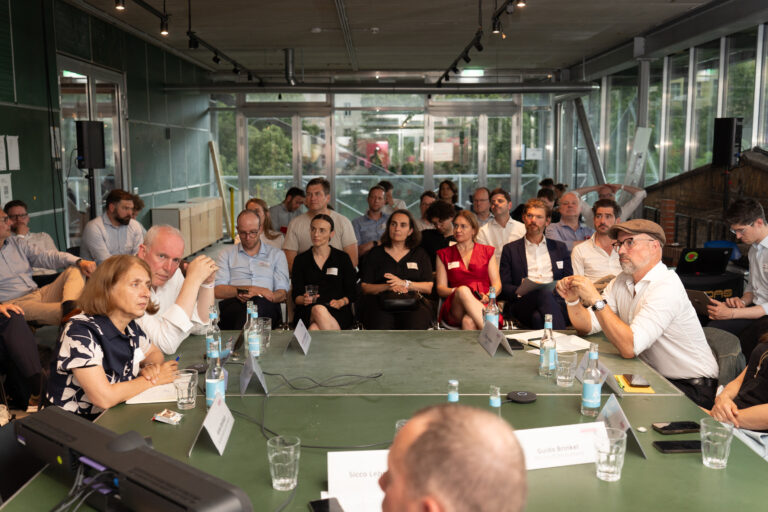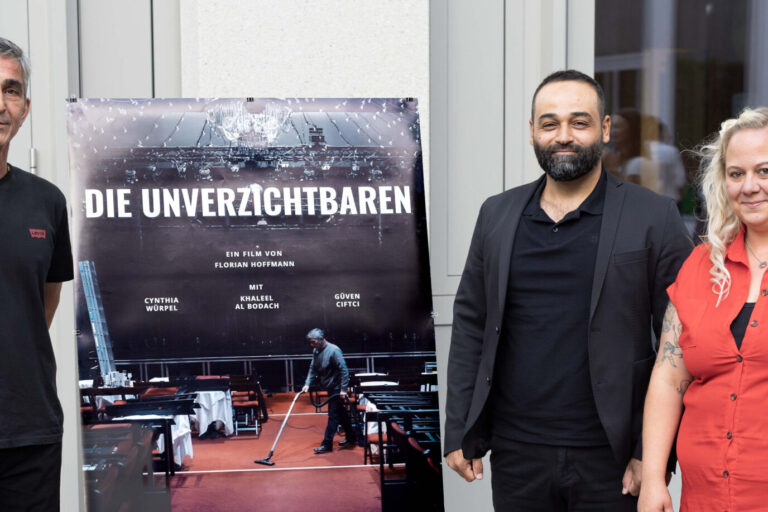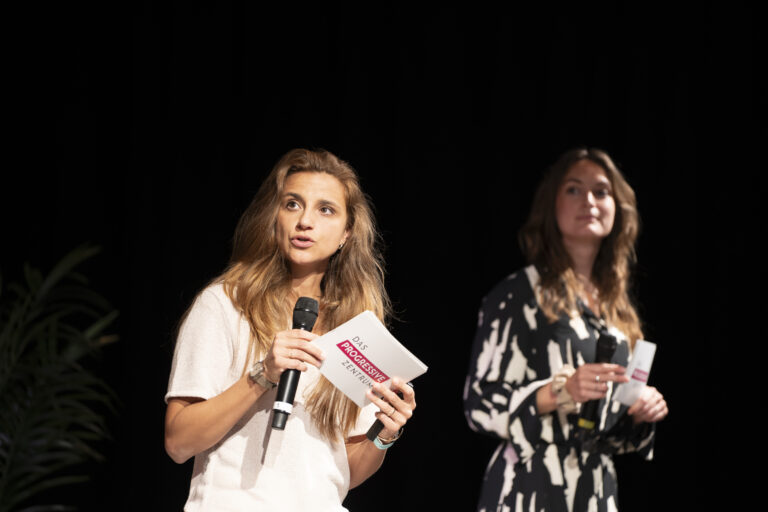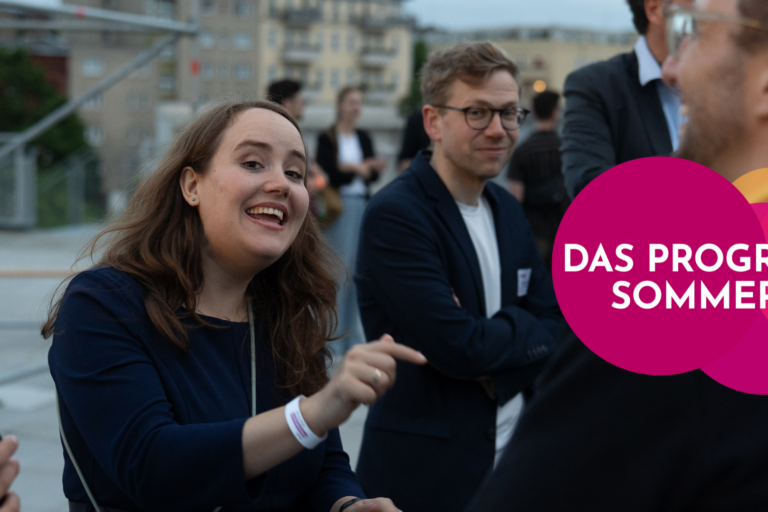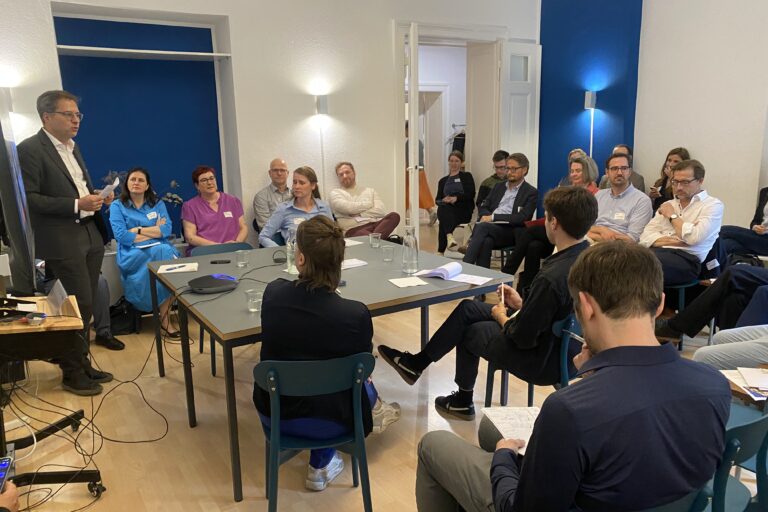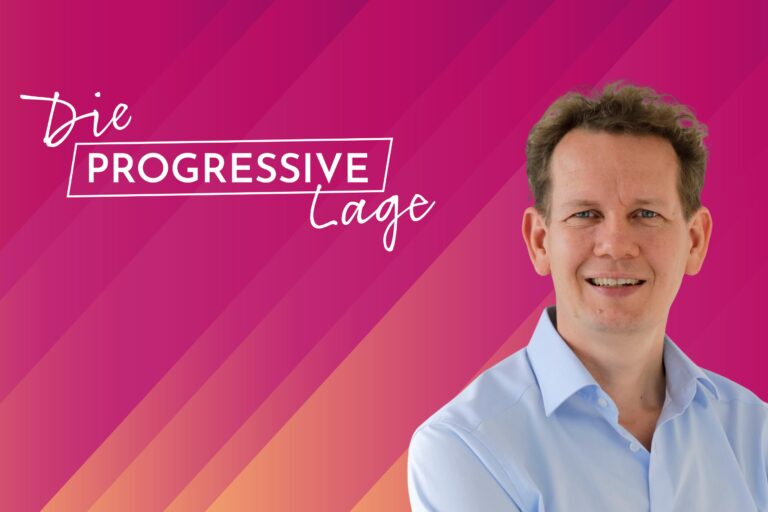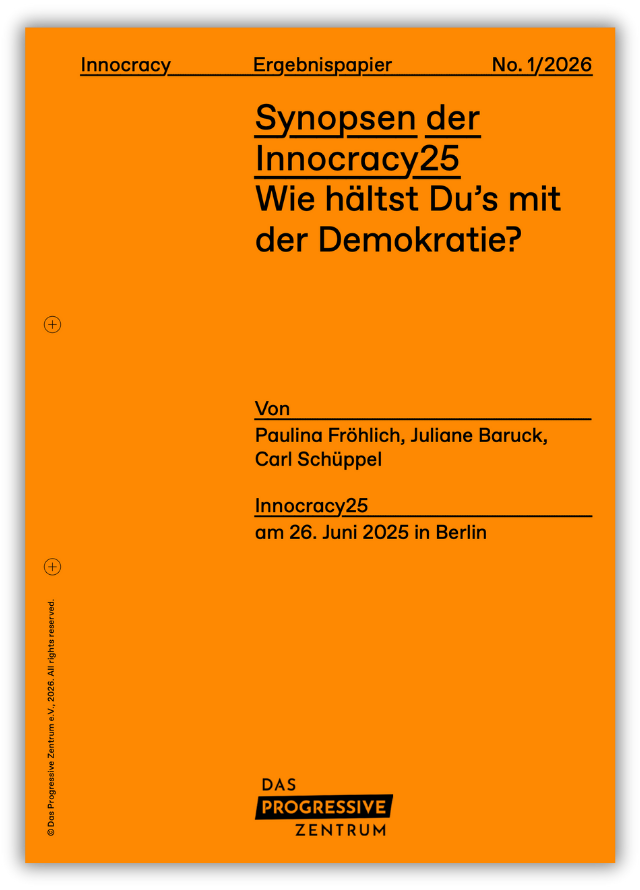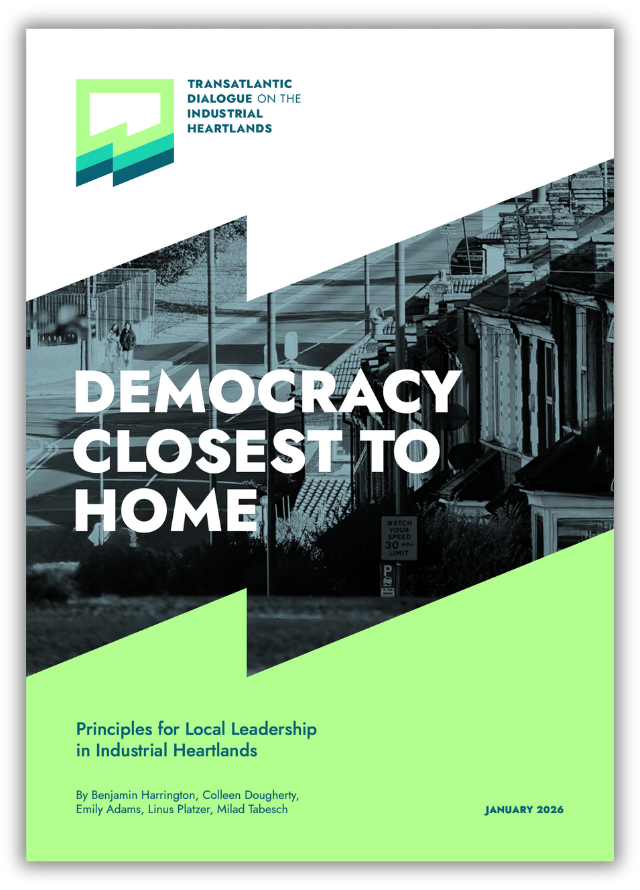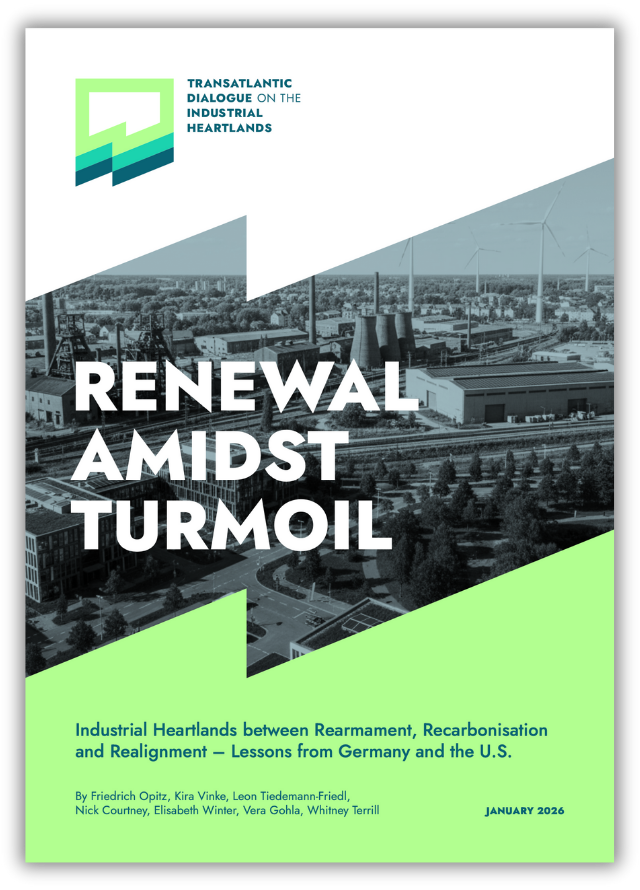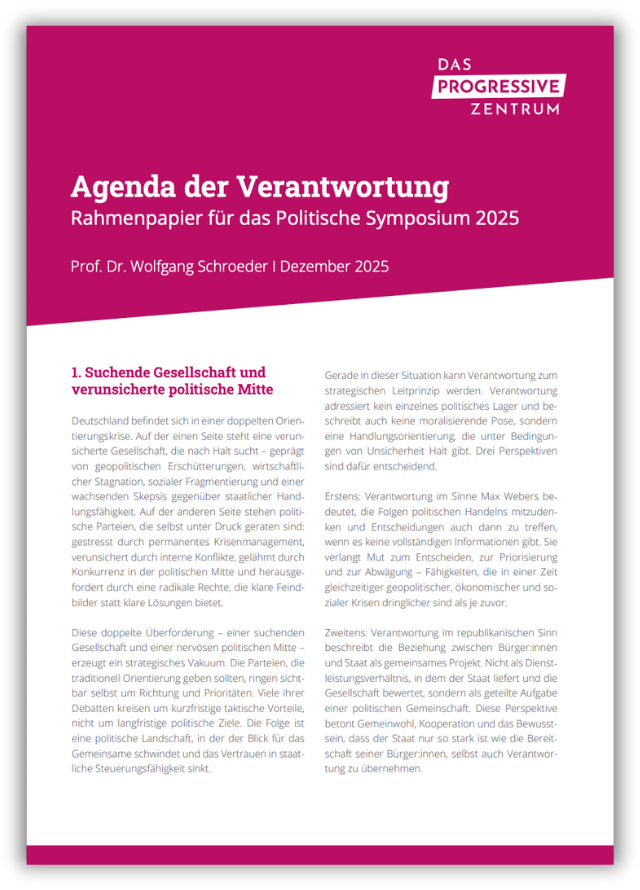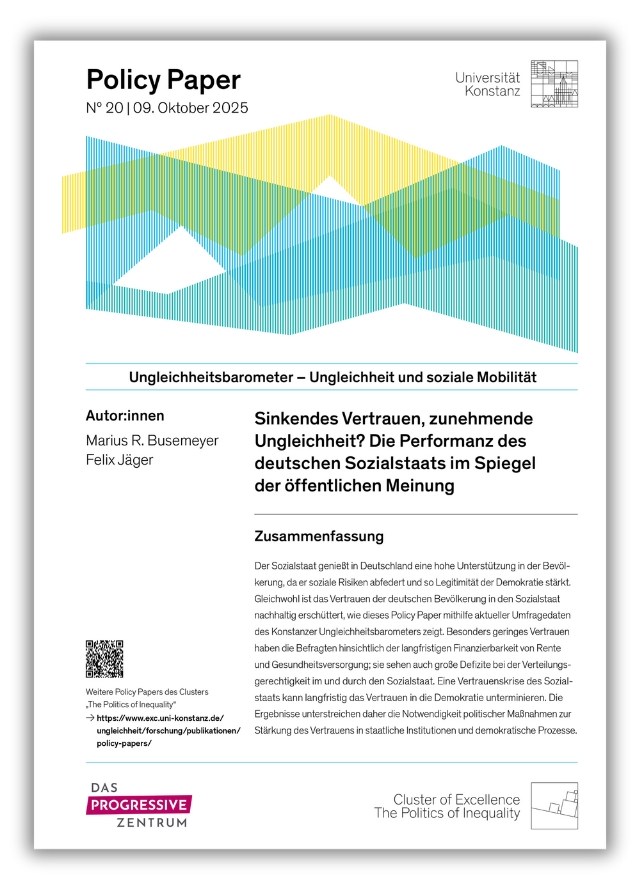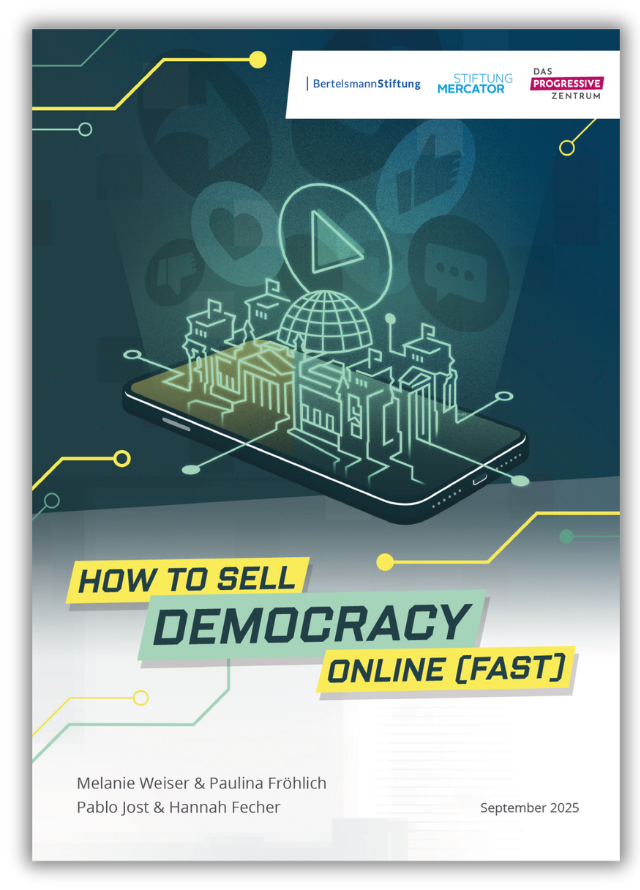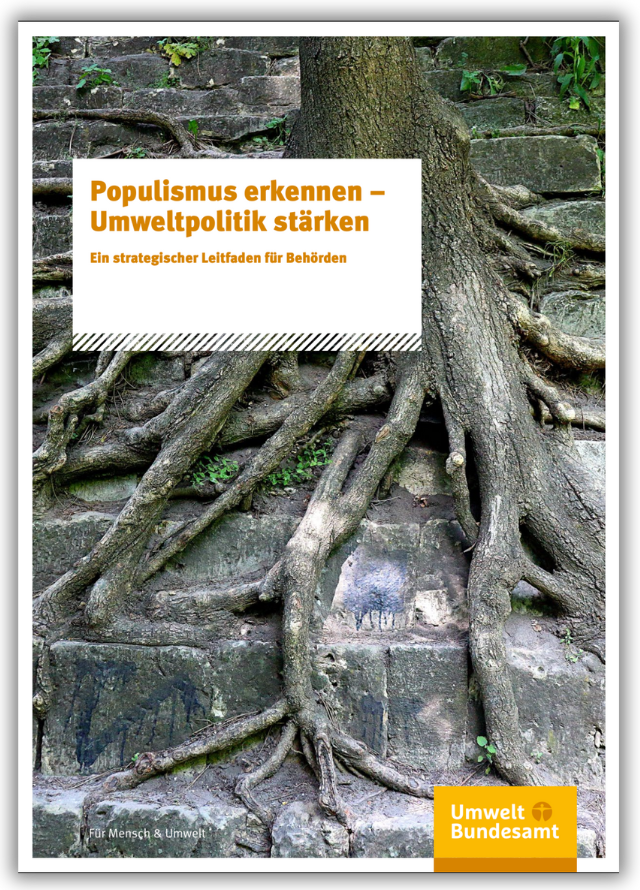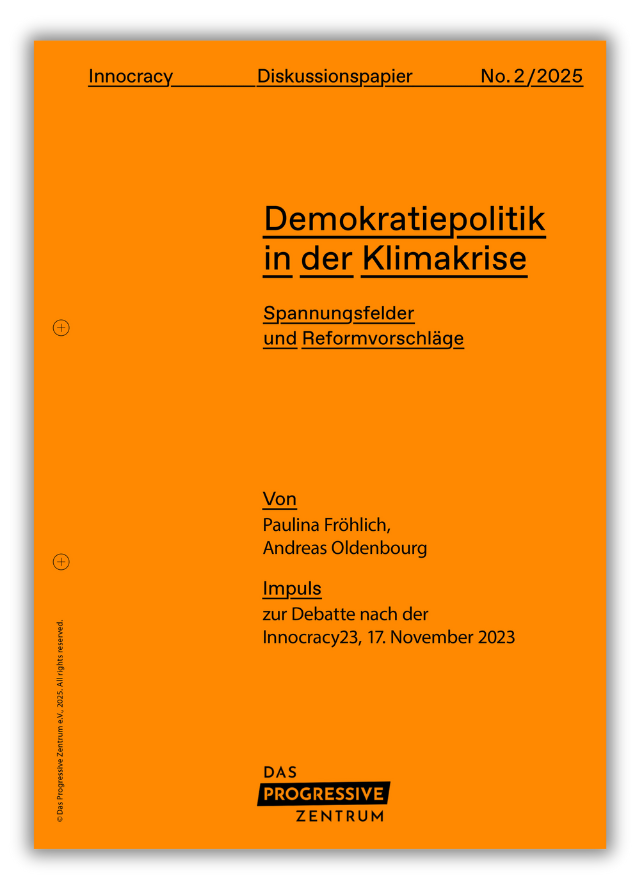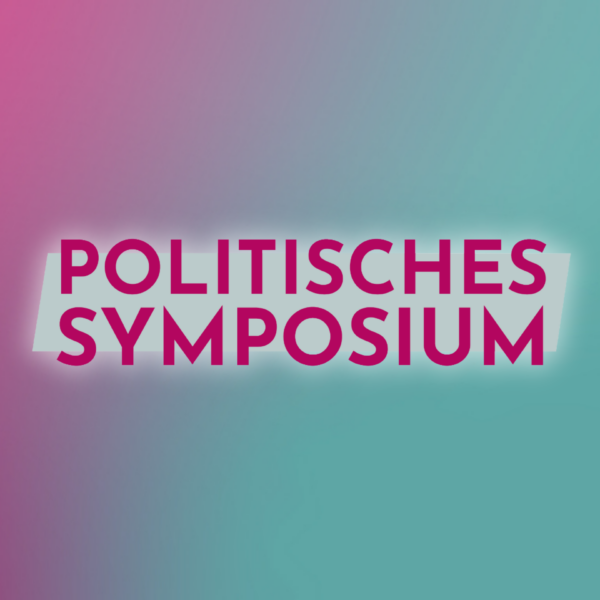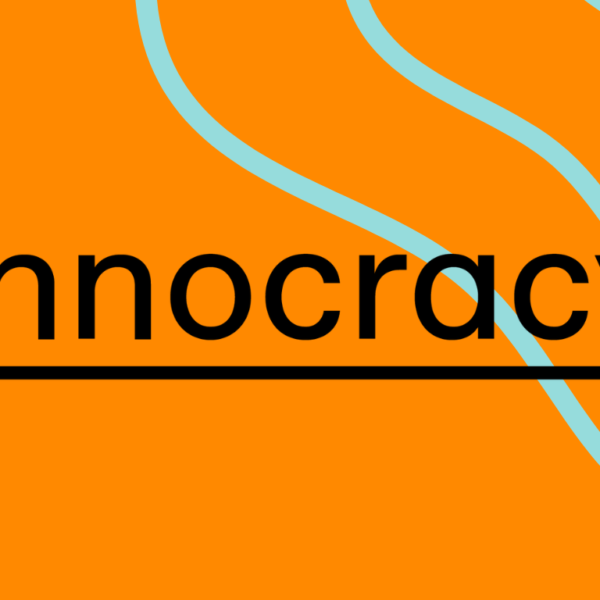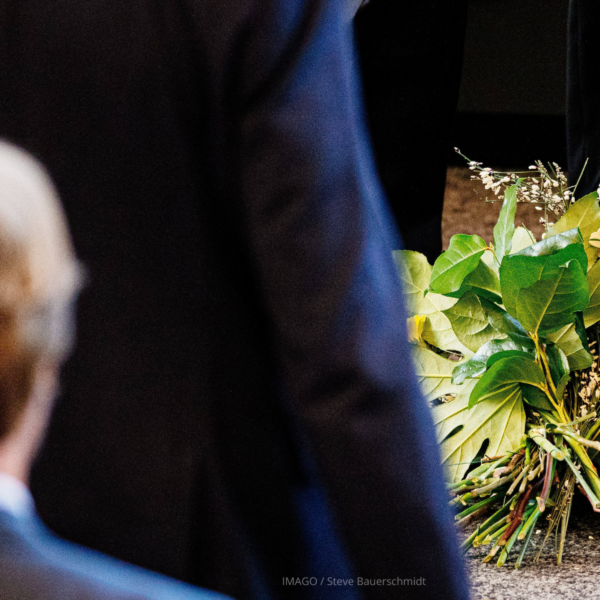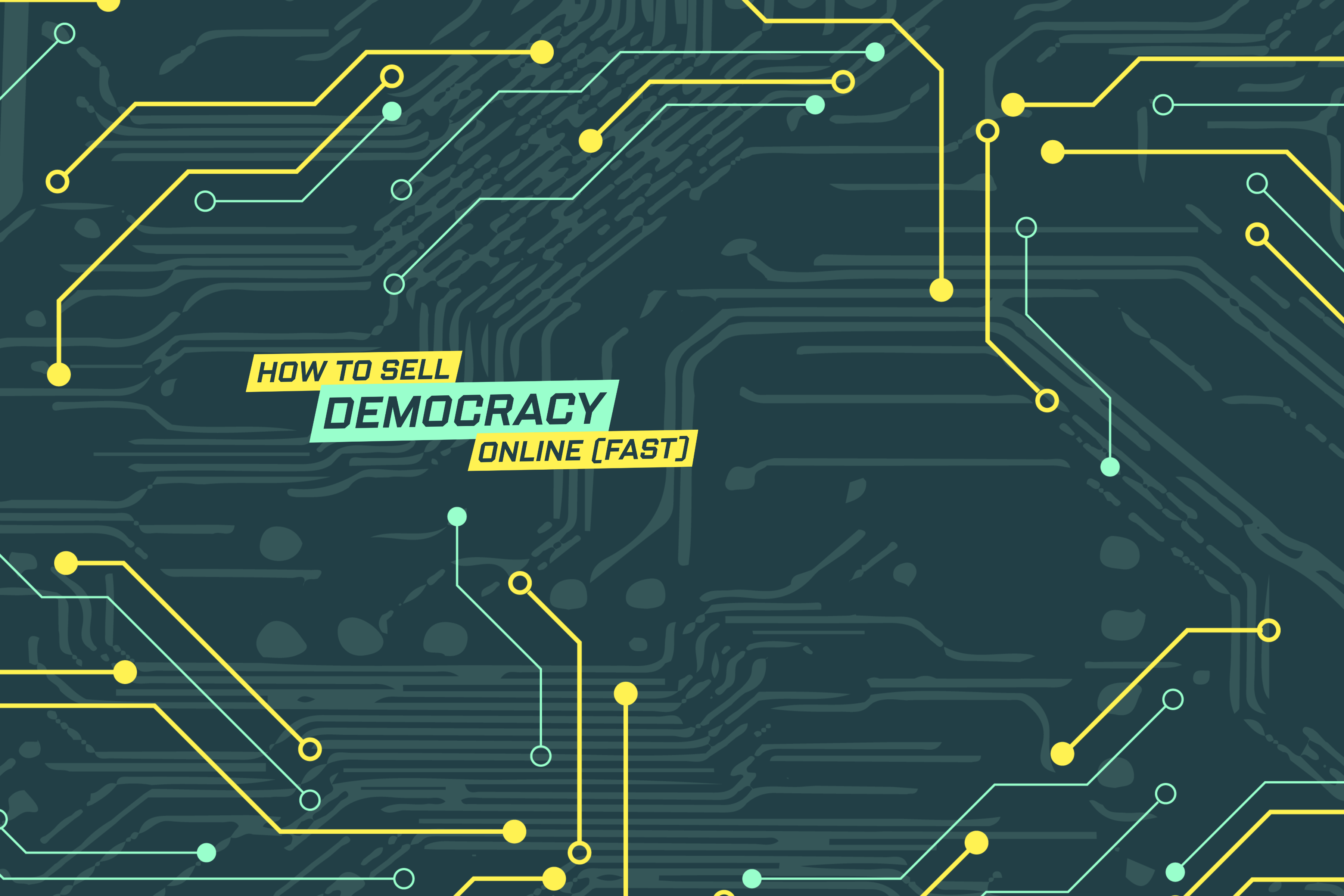
How to Sell Democracy Online (Fast)
Wir haben untersucht, wie politische Akteur:innen auf TikTok und Instagram kommunizieren – und junge Menschen nach ihrer Einschätzung gefragt.

Die Unverzichtbaren – Basisarbeit in der Transformationsgesellschaft
Wer reinigt über Nacht die Büros? Wer bestückt tagtäglich die Supermarktregale mit frischer Ware? Wer sind die Menschen, die Pakete zustellen, Einkäufe abkassieren, alte und kranke Menschen pflegen und die Fließbänder in den Fabriken bedienen?
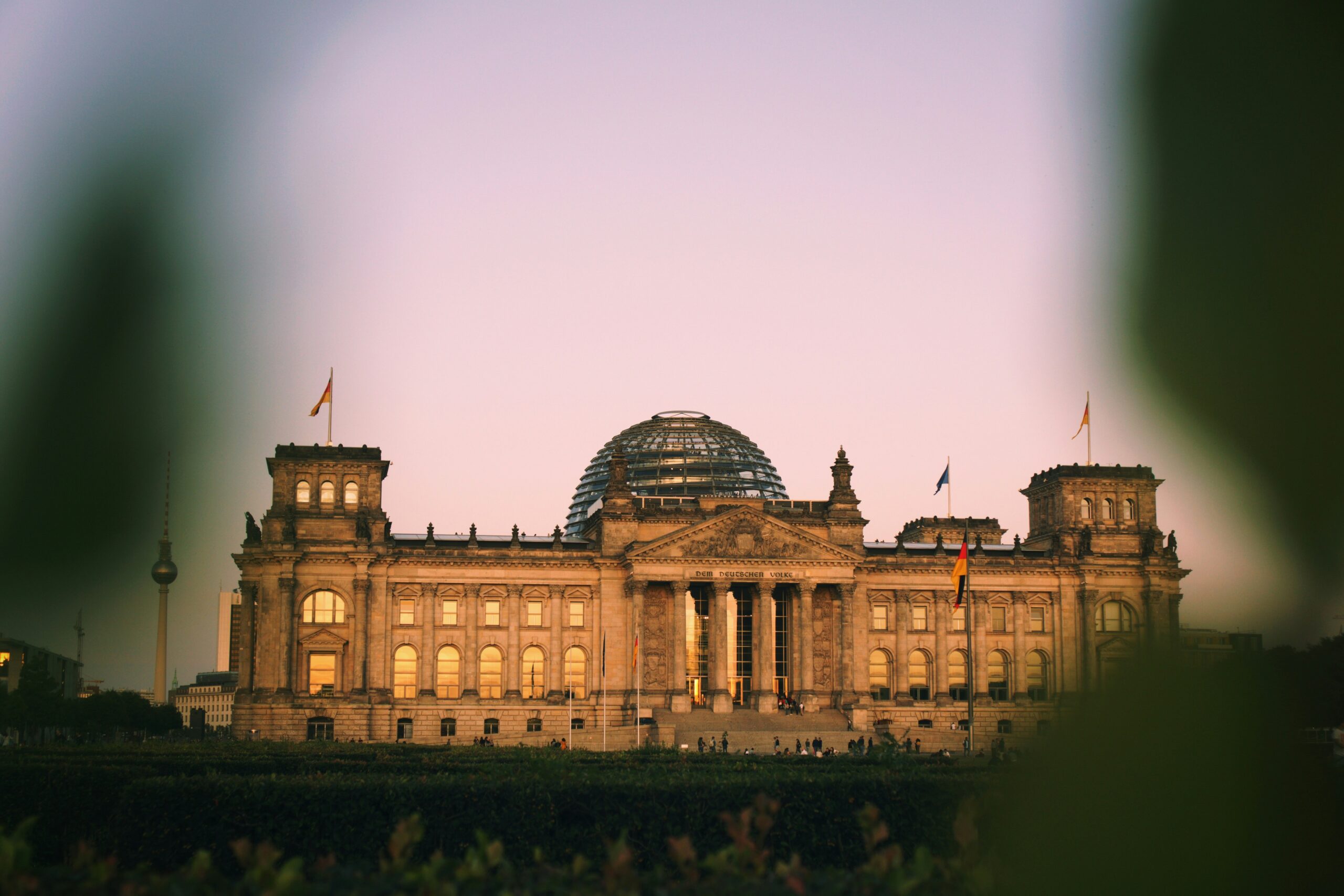
Die Lehren für Progressive aus der Bundestagswahl
Fehler des progressiven Lagers und die zentrale Herausforderung nach der Wahl
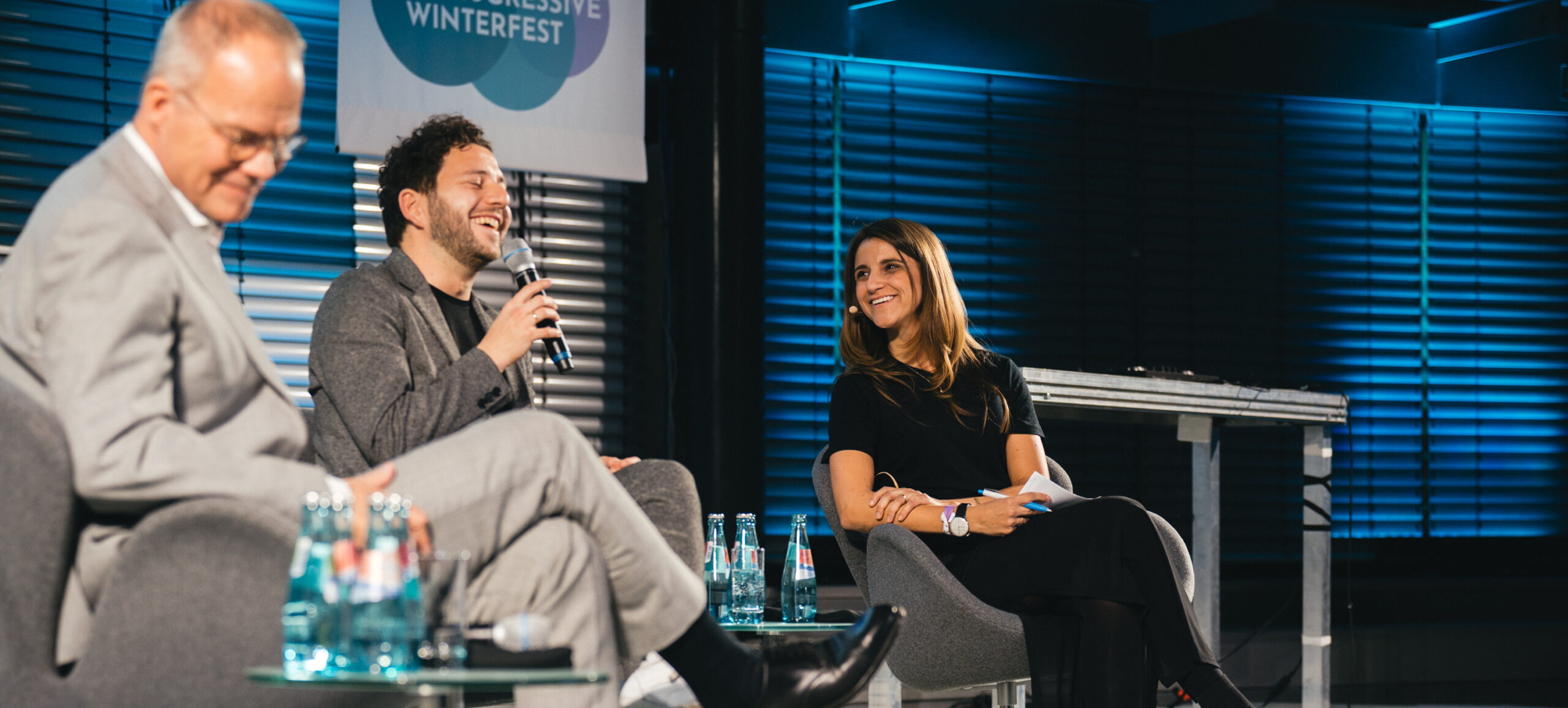
Politische Empathie in Zeiten des Umbruchs
Im Rahmen unseres Politischen Symposiums haben wir über das Wie eines progressiven Weges nach vorn diskutiert: über die Trias aus Verstehen, Reflexion und Anerkennung der Lage inmitten des politischen Umbruchs.

Progressive Sicherheit
Eine progressive Antwort auf das neue Bedürfnis nach Sicherheit: Erste Leitlinien zur “Progressiven Sicherheit”

Wir entwickeln und debattieren Ideen für den gesellschaftlichen Fortschritt – und bringen diejenigen zusammen, die sie in die Tat umsetzen. Unser Ziel als Think Tank: das Gelingen einer gerechten Transformation. ▸ Mehr erfahren
Aktuelles
Revitalising the Industrial Heartlands: Retrospective and Results from the Transatlantic Dialogue
Verantwortung in Zeiten neuer globaler Unsicherheiten
Der Staat soll liefern – doch reicht das für mehr Vertrauen?
Mehrheiten für ein neues Sicherheitsversprechen: Erkenntnisse vom Progressiven-Gipfel in London
Mehrheiten für ein neues Sicherheitsversprechen: Erkenntnisse vom Progressiven-Gipfel in London
Studie: Arbeitende sind schon jetzt bis zur Grenze belastet
Warum die Kritik am Volumen des EU-Haushalts zu kurz greift
„Je unsicherer und weniger selbstbestimmt sich Beschäftigte fühlen, desto schwächer ist ihr Vertrauen in die Demokratie.“
Staatsmodernisierung 2025 ff.: Neues Kapitel im Verhältnis zwischen Staat und Bürger:innen?
Deutschlands Rolle bei der Gestaltung der technologischen und industriellen Souveränität Europas
Die Unverzichtbaren: „Das Wichtigste ist Respekt: Wir sind keine Nummern, sondern Menschen.“
Innocracy25 – Wie hältst Du’s mit der Demokratie?
Das war Das Progressive Sommerfest 2025!
Ist Wehrhaftigkeit die beste Verteidigung?
Drei Aufgaben: Wie sich die Partei der Arbeit erneuern kann – und muss
Mäuse, Tänze, #KanzlerEra – Wie kommunizierten die Parteien und Kandidat:innen auf TikTok und Instagram zur #BTW25?
Mit uns am Puls progressiver Politik bleiben. In Berlin und in Europa.
Alle Updates zu Veranstaltungen, Studien und Debatten über unseren Newsletter erhalten.

